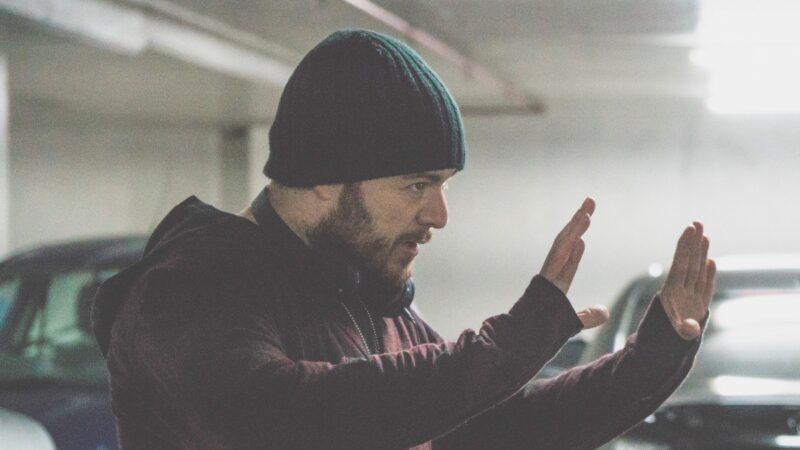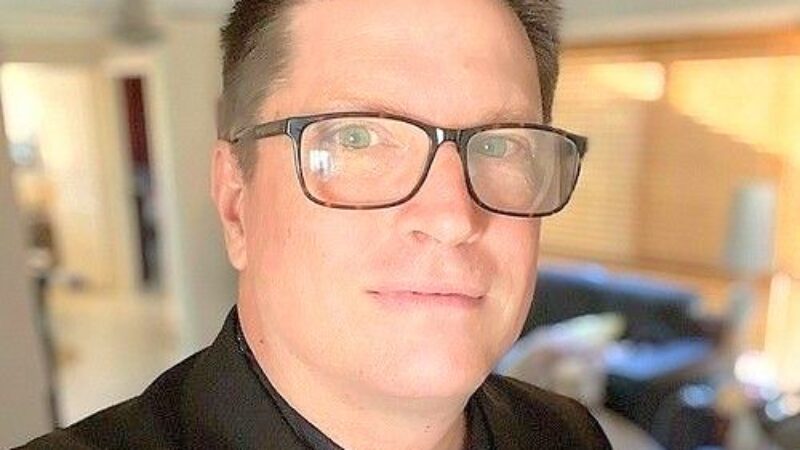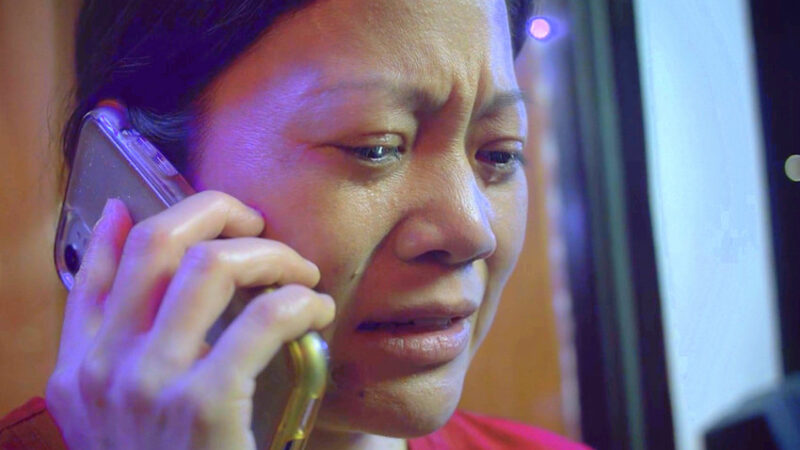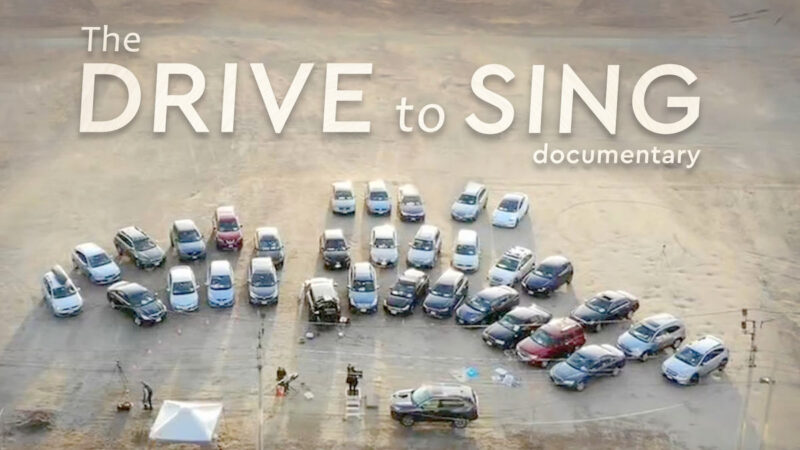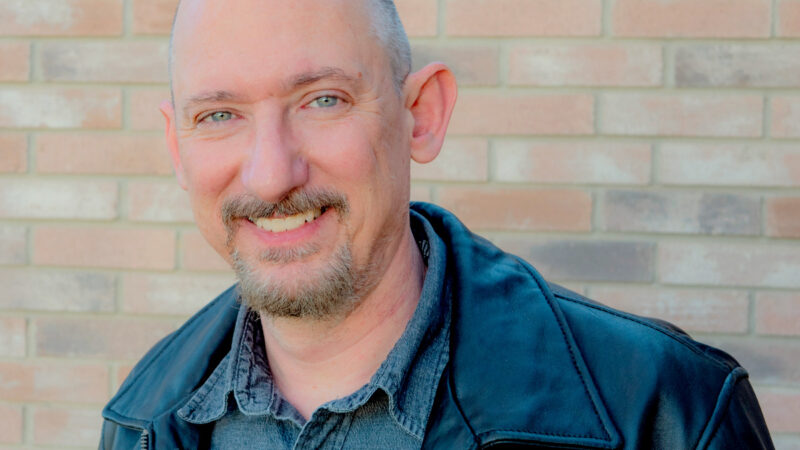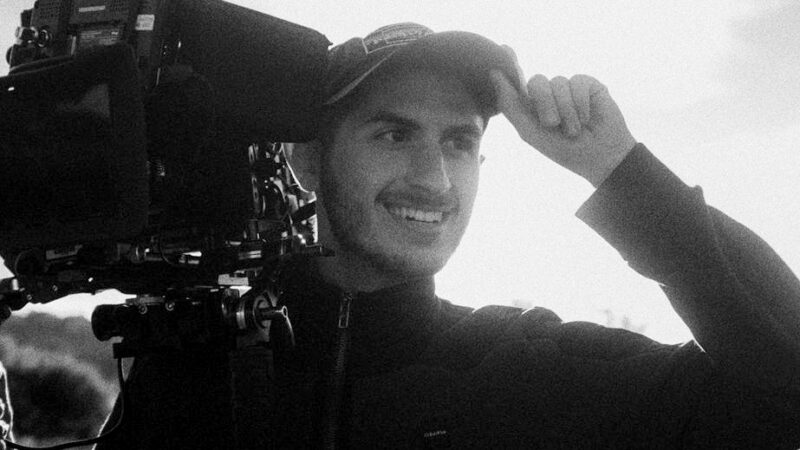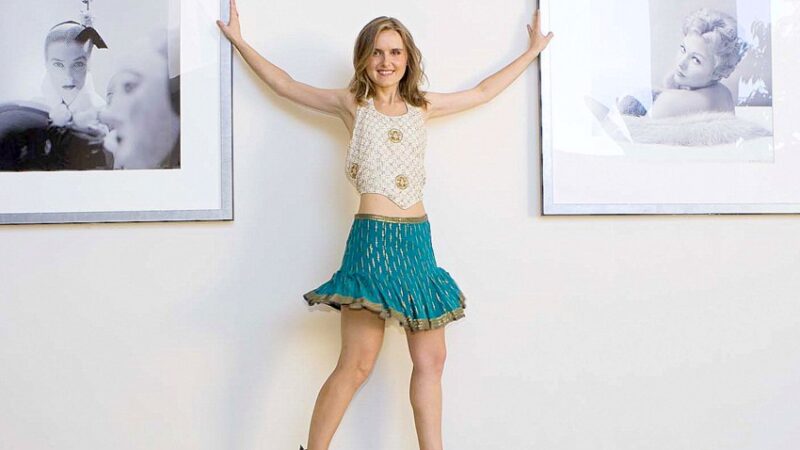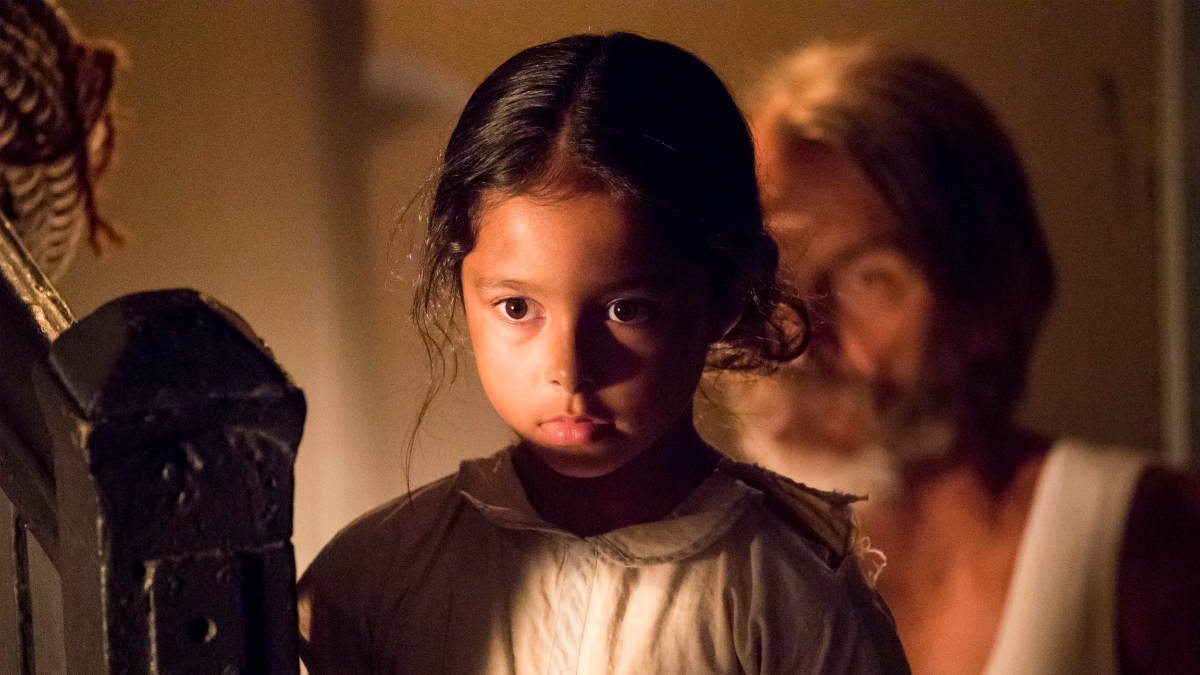
A Case Study
Narrative | Dramatic Features
Film Name: Mousie
Genre: Drama
Length of Film: 17 minutes
Date: 2019
Director: David Bartlett
Producer: Will Poole
Executive Producer: Derek Jacobi
Writer: David Bartlett
Cinematographer: Paul Kirsop
Editor: Duncan Moir Composer: Jack Arnold
Production Company: Kewhaven Pictures
Budget: £17,000
Financing: Private – friends & family
Shooting Format: Arri Alexa Mini
Screening Format: 2:39:1 4k
World Premiere: Ake Dikhea Festival of Romani Film, Berlin, December 2019
Awards Won: Berlin, Germany Ake Dikhea Festival of Romani Film (Special Award from the Artistic Director), Massachusetts, USA Woods Hole Film Festival (Best Youth Performance Award), Festival del Cinema Città di Spello (Best Short Film – International Jury Award, Best Short Film – Italian Jury Award), Social World Film Festival (Best Actress – Sasha Watson-Lobo, Best Soundtrack – Jack Arnold), Fabriano Film Festival (Best Production Design), Ariano International Film Festival (Best Short Film), Calabria International Short Film Festival (Best Film), Oxford International Short Film Festival (Best Production Design), Capri International Film Festival (Best International Film), Fluvione Film Festival (Citizenship and Legality Award – Second Prize), and Voghera Film Festival (Best Actress – Sasha Watson-Lobo).
Watch the trailer for Mousie produced by Will Poole and directed by David Bartlett
indieactivity: What is your film about?
David Bartlett (DB): ”Mousie” depicts the plight of a little seven-year-old Romani girl in Berlin in 1936 – designated an enemy of the Nazi state by dint of her culture and skin color alone. She is hiding from the Nazis, then hellbent on cleansing the streets of “undesirables” (ie Jews and Romani travelers) before the Olympics.
She is protected in a decaying Weimar Cabaret club by a dancer who conceals her in a wardrobe… But the little mouse won’t stay, and scurries around the club, soaking up the sights and sounds of the brave, resilient artists still trying to work, to entertain. Then a Nazi officer turns up, and the child is faced with a life-and-death challenge…
Mousie is an original story, but writer-director David Bartlett was inspired by various reflections. Pretty much forgotten is the tragic fate of almost a million Roma and Sinti travelers who were murdered by the Nazis in Europe between 1933 and 1945. So David really wanted to introduce audiences to this forgotten tragedy, and also to galvanize people – for sadly it seems that the prejudice that led to the pain of the Romani then has not disappeared with time.
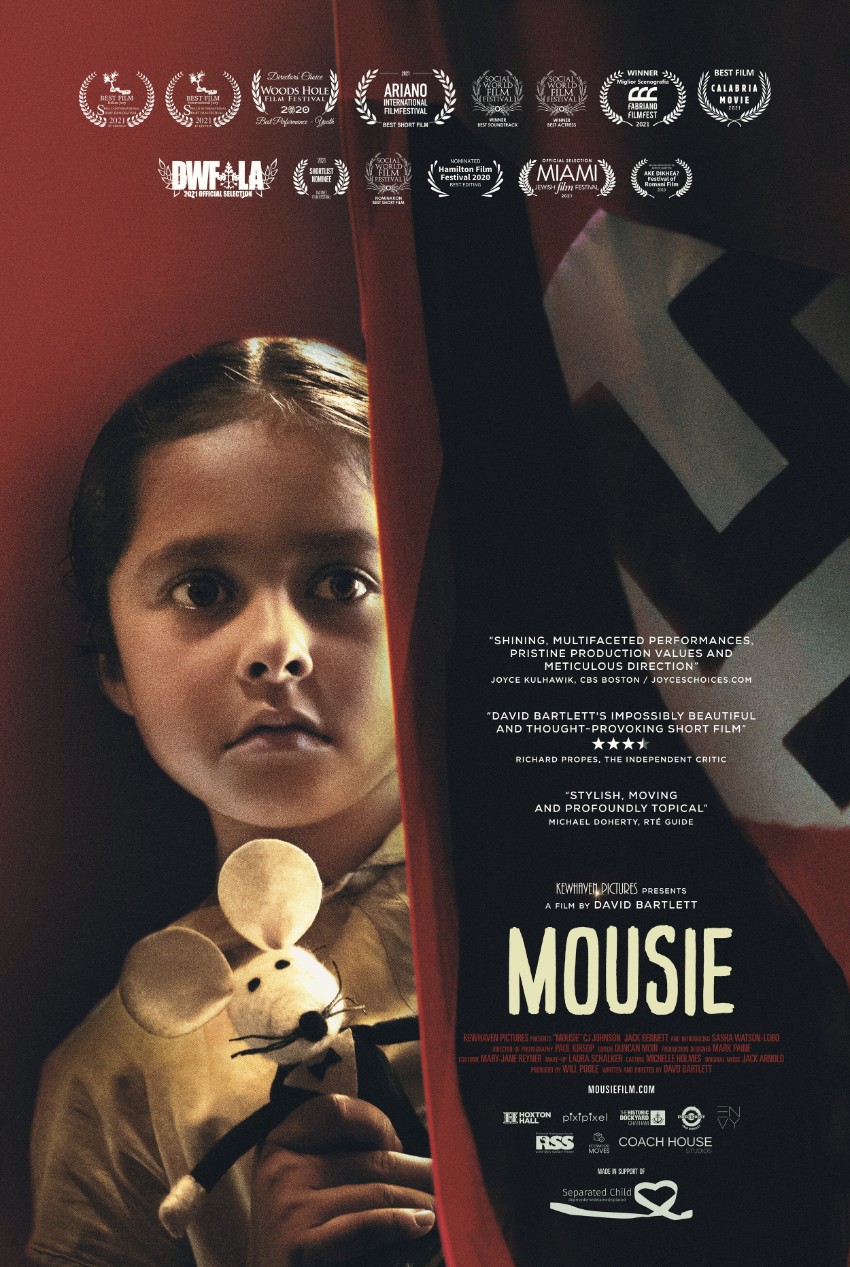
Remember the sight of Syrian refugee toddler Aylun Kurdi, who washed up drowned on a beach in Turkey? Many still find it all too easy to ignore or even demonize people like this. Even children. Mousie aims to remind us of the lessons of history, to rekindle our compassion. Mousie is also about resistance at the hands of entertainers. Set in a battered Weimar club, the film is full of dance, music, and color… And our vulnerable little lead character proves that art – in the form of music and dance – can be a powerful weapon of hope. Ultimately, the film is intended to remind us that Compassion and Art are two of the most important pillars that support the roof of our civilization.
Tell us about the festival run, marketing, and sales?
David Bartlett (DB): The film opened in a very small Romani film festival, based in Berlin. This was an immensely special world premiere and Mousie ran twice, once to the festival attendees and once to school children, accompanied by a Romani holocaust survivor in the oldest cinema in Germany. We went on to win a Special Award at this, our premiere festival. What an experience! Since then the film has been screened or been selected for an additional 42 festivals worldwide. (Sadly, many have been virtual screenings owing to the pandemic).
Highlights include a screening at the world-famous Grauman’s Chinese Theatre in Los Angeles for the Dances With Films Festival, Fastnet Film Festival in Cork, the Woods Hole Film Festival, and the Social World Film Festival in Italy. Very gratifyingly we have been picked up by a large number of human rights film festivals worldwide. We’ve won 14 awards from our 23 nominations (one pending) across a whole range of areas – Best Film, Best Screenplay, Best Production Design, Best Editing, multiple awards for Sasha Watson-Lobo as Best Actress, and for Jack Arnold, our composer. We are currently speaking to a sales agent.
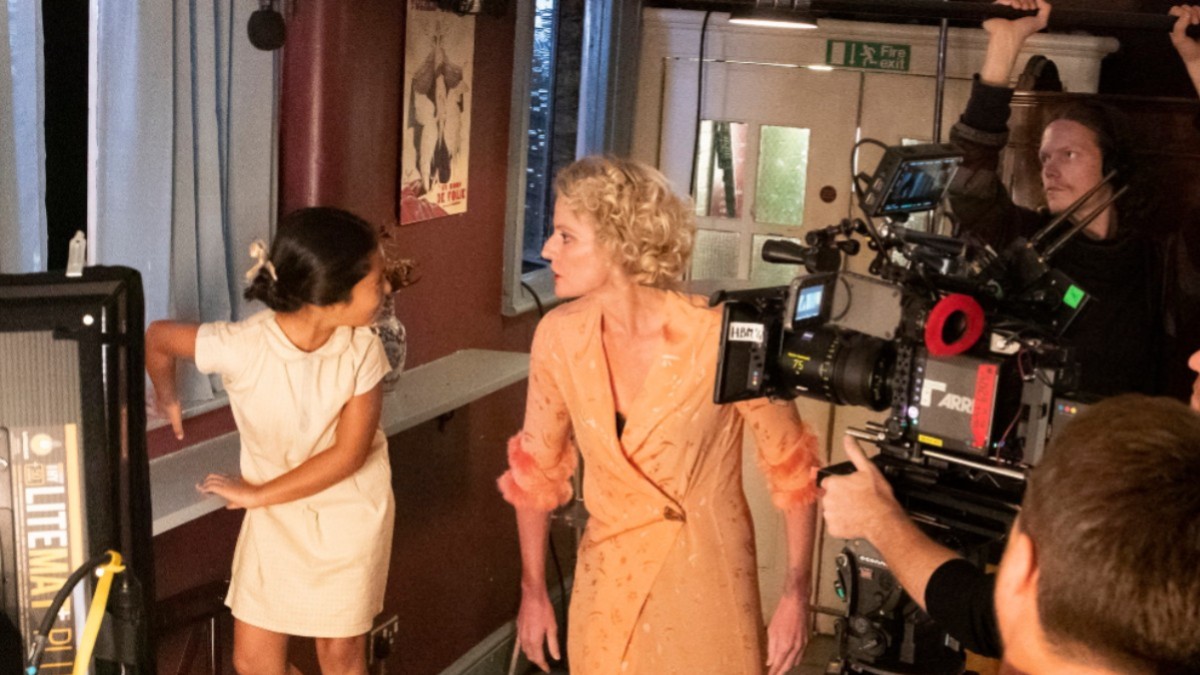
Give the full Official Synopsis for your film?
David Bartlett (DB): Berlin 1936. Hitler will soon host the Olympics, and the streets are being “cleansed” of Jews and Romani “Gypsies”. Hélène – a seven-year-old Roma child – hides in a decaying old Weimar Club, concealed by dancer Katharina who plans to escape Nazism and take Hélène to America – where, she says, everyone is welcome, no matter the color of their skin. But Hélène won’t rest…
Frustrating her stressed but committed guardian, the little mouse sneaks about the club, seeing everything, excited by all the fun and music and dancing of the artists hanging onto their craft by their fingertips and constantly under threat from the repressive Nazi regime. Then she spies the arrival of awkward SS Hauptführer Otto, recently conscripted into the army. Clumsily making a pass at Katharina, the junior officer discovers the little mouse: life and death decisions have to be made, and fast. Only the child’s ingenuity will save her…
Development & Financing?
David Bartlett (DB): Having had an initial idea – motivated by a sense of bewilderment at how formerly-stable countries in the West were suddenly indulging in nationalism and xenophobia – writer David Bartlett focussed on researching a period he felt contained a “warning from history”. Warnings about those who suffer, warnings about those who step-up courageously at such times, and warnings about easily-poisoned empty heads turning to thuggery and hatred.
Learning about the Nazi Nuremberg Laws of 1935, and discovering the plight of the all-but-forgotten Romani, David worked out the initial themes and characters and the jeopardy. Music and art and humanity are the most inspiring currencies of David’s world, and having visited Nollendorfplatz in Berlin (site of the most liberal, progressive, avant-garde performance space in the world during the pre-Nazi period), it struck him that Hélène’s guardian should be an artist…
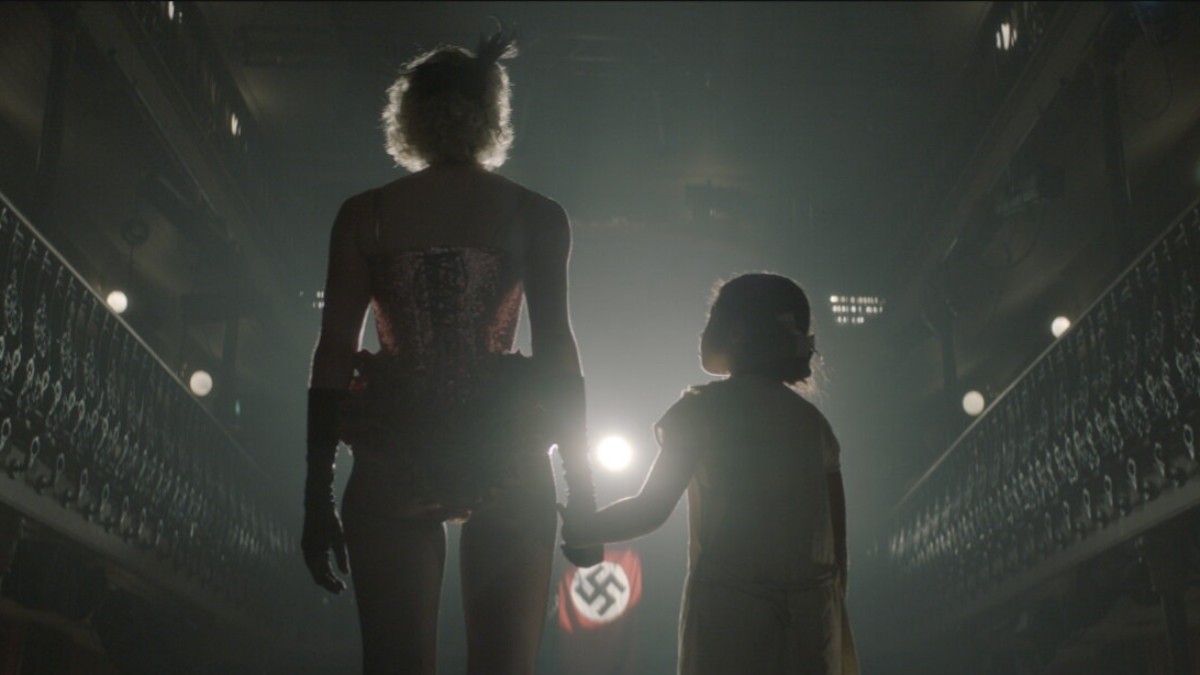
A performer. It struck David that the Weimar performers (all performers, in fact) wear costumes and masks, just like the Nazis who assaulted and oppressed them, in the form of uniforms. Yet artists fight for elevation and without bullets.
What a wonderful setting, what a place of tension and courage! The initial character sketches gained a colorful setting, and it allowed David to invent the “twist” finale of the film… David and Will have always had a vibrant, exciting creative relationship, and so this collaborative partnership was the first place the idea received development and polish.
We knew the film could have a very strong social impact – both concerning historical, cultural relevance, but also a profound topicality in the context of continuing child refugee crises across the world. We felt the film could provide constructive influence and provide supportive messaging for those who seek to help, so we identified the Separated Child Foundation as an ideal refugee charity to align with Mousie. The charity’s guardians loved the ethos of the film and we struck up a partnership. (Aside from Mousie attracting attention to the SCF’s wonderful work, any profits from the film will go to them.)
We knew we wouldn’t be successful with institutional funding, so we took a deep breath and decided to limit our budget and crowdfund the film through friends and family and key HoDs. We knew we would need a large crew on this film in order to dress and light a large principal set and that our coffers were pretty threadbare. So how do we staff this? We couldn’t pay crew what we would have liked, but we could offer an incredible training opportunity by finding brilliant, experienced heads of departments and recruiting trainees to work under them, many of whom found themselves on a film set for the very first time.
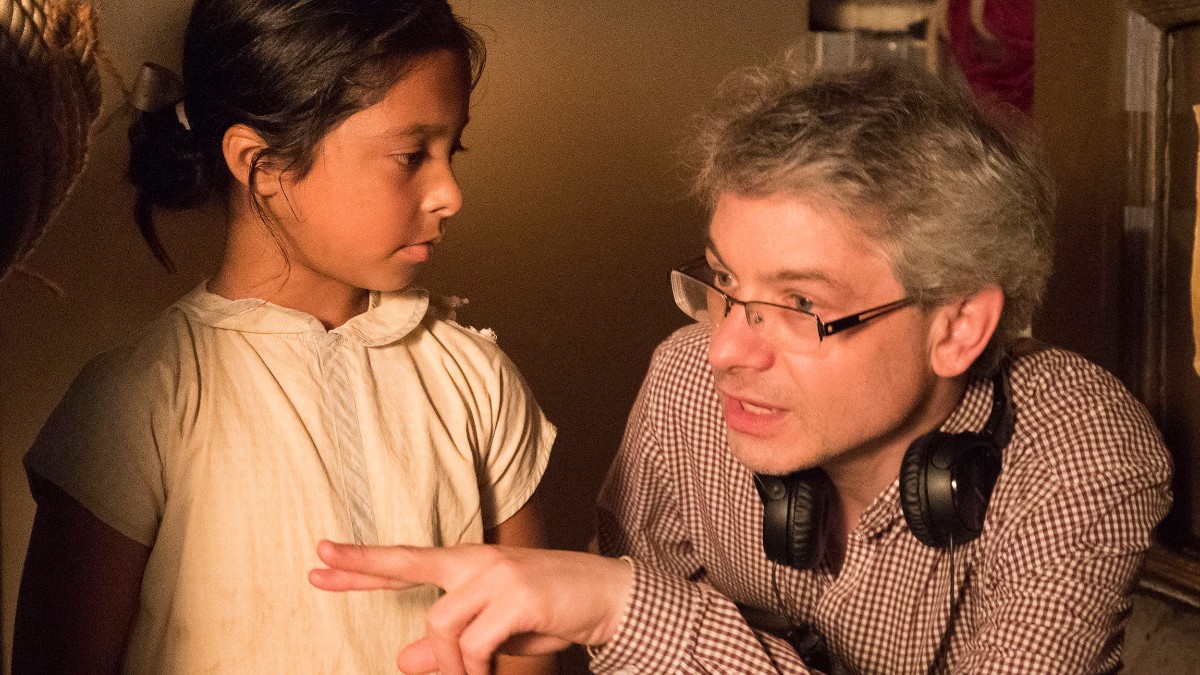
Key to our making the film on such a meager cash budget was the sponsorship-in-kind provided by locations, and generous kit and service suppliers who seemed keen to work with David and Will, and loved the ambitions of the story. These included PixiPixel, supplying camera and lighting; Independent Grip, supplying grip kit; Envy Post, where post-production was completed.
Production?
David Bartlett (DB): The production process began with casting, location scouting, and assessing the Heads of the Department we could already count on, and which positions we would need to fill with new people. Casting was an urgent priority, especially since three members of the cast would need to be choreographed and rehearsed prior to shooting the four tap-dance routines. Fortunately, we needed only two locations – though one was very tricky since it had to be believable as a 1920s Berlin cabaret club.
David Bartlett trailed around the older small-stage venues of London and eventually came across Hoxton Hall – suitable and managed by accommodating people, but in need of a lot of work to render it a convincing Weimar club. We also scouted for an exterior – again, it had to be user-friendly, practical, and a good match for the darker corners of 1930s Berlin. Chatham Historic Dockyard was the largely eighteenth century, so we were safe from the intrusion of the modern age!
David held auditions but ended up pursuing and casting CJ Johnson as the adult female lead after seeing her in a production of 42nd Street at the Theatre Royal Drury Lane. Casting the lead – a seven-year-old child – was very tricky, as she had to be able to act AND tap-dance. In the end, Sasha Watson-Lobo was the only choice, though she had never acted before. Having worked with young children on “Paranormal Witness” for SyFy, David decided to trust his instincts with Watson-Lobo, her emotional intelligence and focus engaging the director’s trust, and encouraging us to take a gamble…
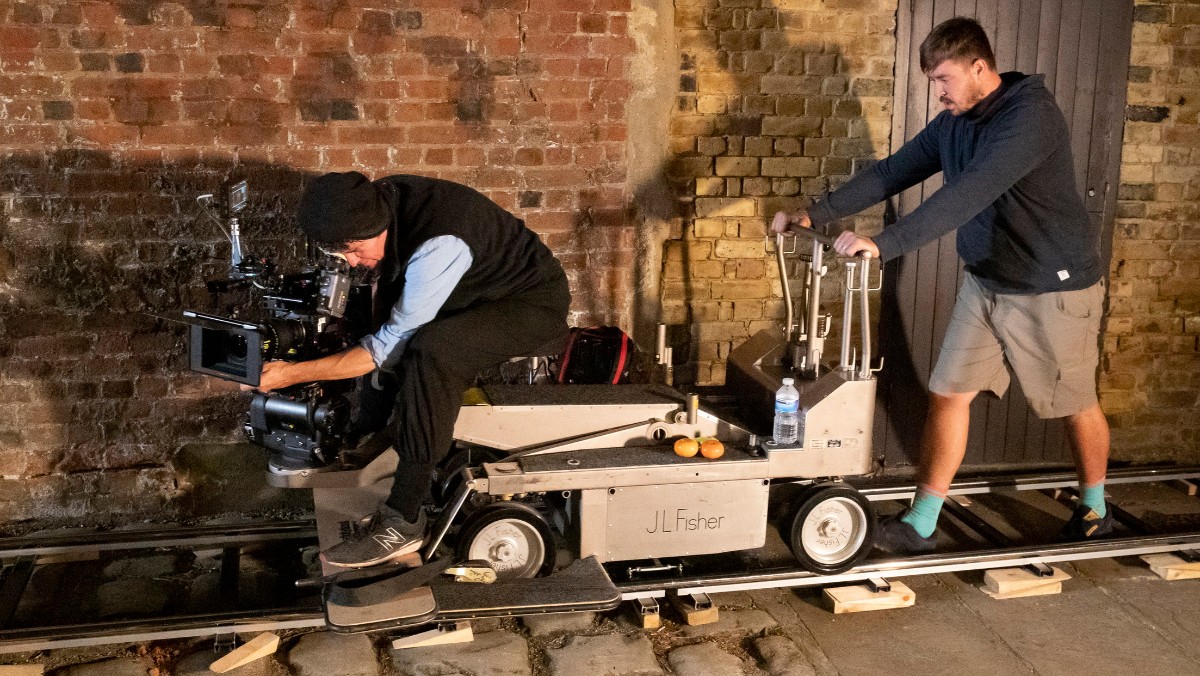
The Cinematographer, Editor, Composer, and First Assistant had worked with David before and signed up immediately. But we struggled to find a Production Designer and Costume Designer. After a period of phoning contacts of contacts, the network’s furthest tendrils eventually connected us to two gifts from the heavens… Mark Paine as PD, and costumier Mary-Jane Reyner. Both dived into the project, assisted by trainees and students.
As the cast and team gradually came together, we set up our first shoot at Hoxton Hall, filming over a weekend when the crew was available. (This would be followed by a later night shoot at Chatham). There are many time directives laid down by the law reworking with children of Sasha’s age. So, between the child license provisions and cast availability and HoD availability and Hoxton Hall availability, we had little in the way of contingencies. Everything came together but like a house of cards… Precarious! We always knew this would be a very ambitious project.
We had our get-in on a Friday in mid-July and a limited time window to pre-light. We found it incredibly difficult to find gaffers and sparks. After gaining then losing several electricians to the lure of more lucrative offers, we finally secured a gaffer only two days before filming! But he could only provide one day. With no other options, we promoted our most experienced spark to be gaffer for the rest of the Hoxton shoot – Dan Addis. Like so many who are promoted thus, he proved more than capable. First Assistant Director Matt Lawson was characteristically hands-on, proving invaluably upbeat, congenial, and resourceful in problem-solving. What an asset!
Our second shoot at The Historic Dockyard Chatham across the 18th and 19th August was also ruled by the child license and Chatham’s availability. The dockyard not only functions as an internationally-recognized museum site but also services many TV and film shoots. Generous and helpful as Chatham was, we nevertheless had to slide into their schedule, sandwiched between Call the Midwife (ITV) and Summer of Rockets (BBC). We had to plan carefully to accommodate a seven-year-old working a night shoot AND performing a tap routine outside in the cold.
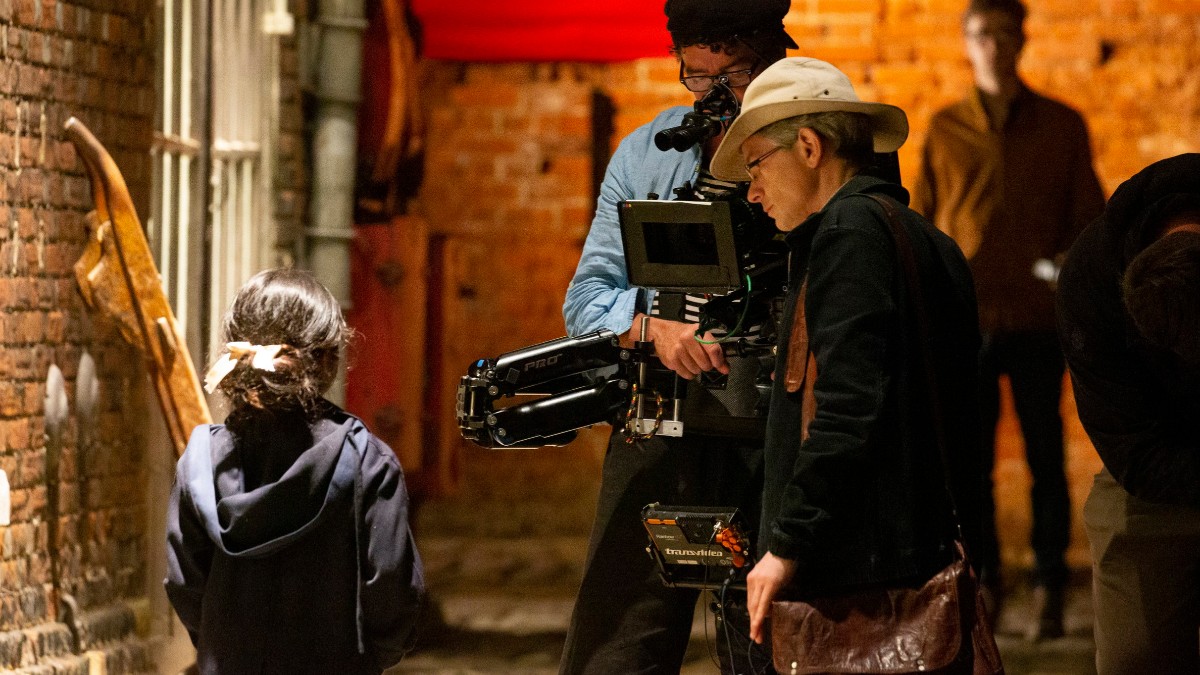
This was the BIG twist moment of the film and the film would live or die based on this scene. It was also a big lighting job and again we had no gaffer until a few days from filming; and a very small lighting team including an electrician who had never been on a film set. In the end, the crew was so positive, so excited and so dedicated – for Will, it was one of the most rewarding shoots he had ever had the honor to attend. The atmosphere was electric. We had to get the scene – we knew we’d never be able to afford to come back. And it all came together – Sasha and David and Robert Gill making the magic happen with an enthusiastic and exceptional crew.
The next day at Chatham – with the much-reduced crew – we filmed the heart-rending flashback sequence. And we returned to Hoxton Hall on September 9th to film two outstanding hallway scenes. The time between Chatham and the second Hoxton Hall shoot enabled editor Duncan Moir and David to have a good run at the edit…
Duncan was working his regular TV series job, and only able to give occasional weekends to editing Mousie. But the film started to emerge after several weeks: the shape became clear, some hard cuts were made… And David could finally turn his mind to the medium which had really given life to the film in its earliest stages: music. With David’s input, Jack Arnold crafted a score that would give voice to the child, reflect her naivete, yet also reflect the themes of a film that Jack described as “a horror that isn’t a horror film”. After a month, the score was ready and recorded – an emotional experience for music-obsessed David! – and the grade and final mix were completed at Envypost in Soho, London.
Festival Preparation & Strategy?
David Bartlett (DB): As soon as the film was finished, David realized that what Mousie absolutely needed was a total social media profile. Very inexperienced in this field, he set up the website mousiefilm.com, Twitter account @mousiefilm, Instagram accounts @mousiefilm, and @davidbartlettdirector for himself. With the assistance of actress and social media expert Evie Polyviou, he set up a Facebook page too. In this day and age, all of this provides essential connective tissue…
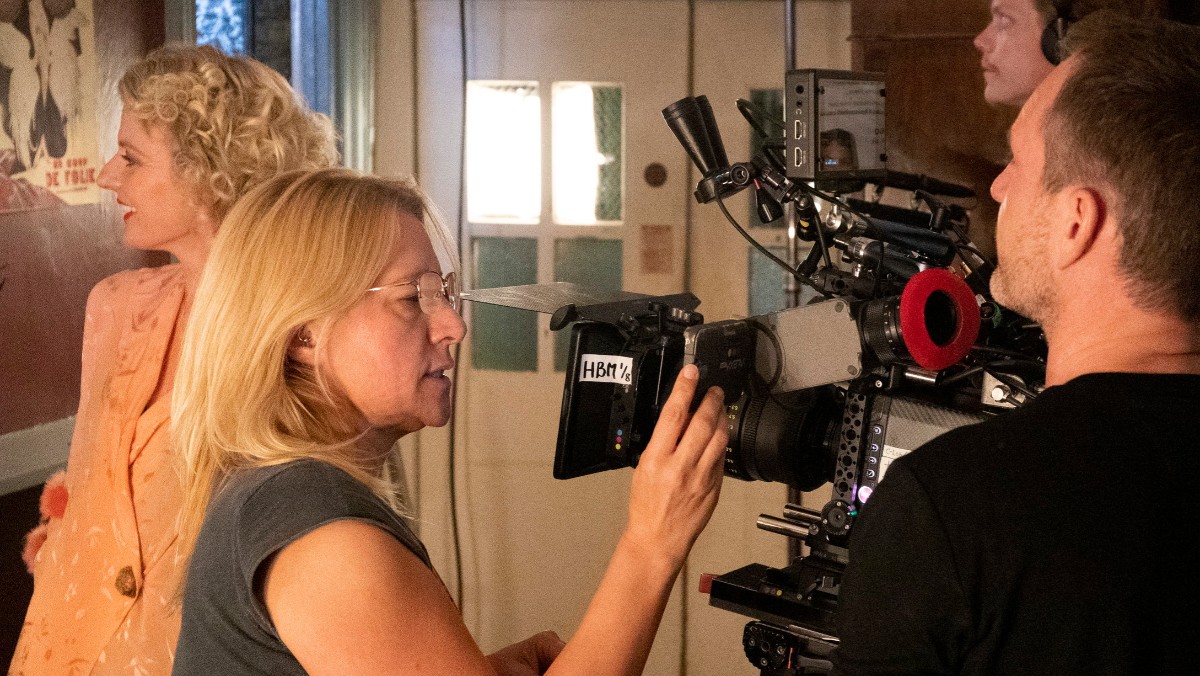
With regard to festivals specifically, there are hundreds of festivals around the world and it is possible to spend – or waste – thousands of pounds on the submission process. So we contacted UK-based experts Festival Formula, and they devised a strategy for Mousie. We applied and gradually started to get accepted into festivals in Germany, the Republic of Ireland, and the USA.
Having screened at the Visioni Corte Film Festival in Italy, and making contacts via Instagram, suddenly we found an abundance of Italian festivals requesting Mousie. (Since then, the film has had a consistent interest in the US and Italy.) After a few months, a real buzz had begun around the film, even despite the pandemic limitations thrown upon us all. We were interested to find that many festivals are theme-specific as well as genre-specific. With its depiction of Nazi brutality and the ingenuity of a child refugee, Mousie has elicited a lot of selections from human rights festivals and also Jewish film festivals, including the fabulous Miami Jewish Film Festival and Boca Raton Jewish Film Festivals.
On an awards roll, and with more than 25 festival selections under our belt at that time, Mousie was accepted into Dances with Films in Los Angeles and this felt like the icing on the cake. With this prestigious US festival and all the recent wins we felt it was time to approach a PR company and see if we could push the film to the next level. To date, we have been selected for or screened at more than 40 film festivals worldwide, with 14 awards and 9 nominations; and 23 months after our premiere screening, we are still being selected for festivals.
The Release?
David Bartlett (DB): After consultation with Festival Formula in the UK, we submitted the film to several festivals via Film Freeway, the most significant international festival submission hub. But simultaneously, Ake Dikhea Festival of Romani Film in Berlin found the film’s Facebook page and contacted us – they wanted both film and director at their festival, happening in the oldest cinema in Germany, Moviemento in Kreuzberg, Berlin.
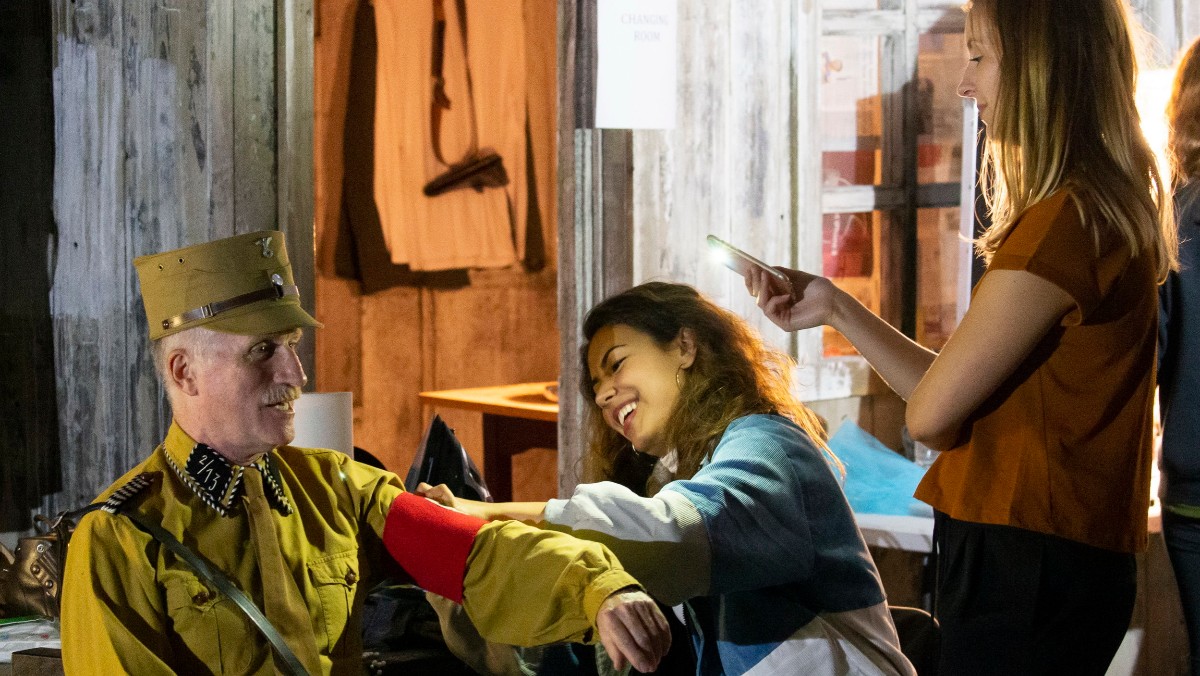
The film’s hugely emotional premiere in December 2019 happened in front of an audience of young, high school kids, and a genuine Romani survivor of the holocaust – Zoni Weiss, who had hidden from the Nazis as a child, just like the heroine of our film. We had never anticipated such a unique and humbling privilege, so Ake Dikhea proved to be a launch like no other.
Advice from the Filmmaker?
DB: Enthusiastic collaborators from creatives to logistics to technical staff are the key to successful production. But making the film is only half the journey. Keep the energy up for festival distribution (keep some money aside for this). Don’t lose hope and expect the selection adventure to take around two years to properly unfold. You need a festival strategy beyond just applying to the big ones. Really consider why are you entering a particular festival? Is it because it will deliver an audience that will actually watch your film, accredit you for BAFTAs/ Oscars/ BIFA, offer large prizes; do you have a realistic chance of attending it if selected?
Use ALL your contacts. You need help from everyone! Try to give as many training opportunities as possible. The industry needs us to make shorts and make them professionally and give industry newbies a worthwhile experience – and they tend to be keen, often wonderfully talented. Try to mix hugely experienced HoDs and trainees – it makes the filmmaking even more rewarding. Build relationships with post-houses, kit-providers, crew. Emotional connections you make on shorts could last a lifetime. Keep your people close… We keep all our cast and crew up to date with all the Mousie news. If you ask favors and can’t pay people properly, at least make them feel appreciated – this is one of the ways to do this.
Tell us what you think of the Case Study for Mousie. What do you think of it? Let’s have your comments below and/or on Facebook or Instagram! Or join me on Twitter.
Follow David Bartlett on Social Media
Website
IMDb
Twitter
Instagram
Vimeo
MORE STORIES FOR YOU

